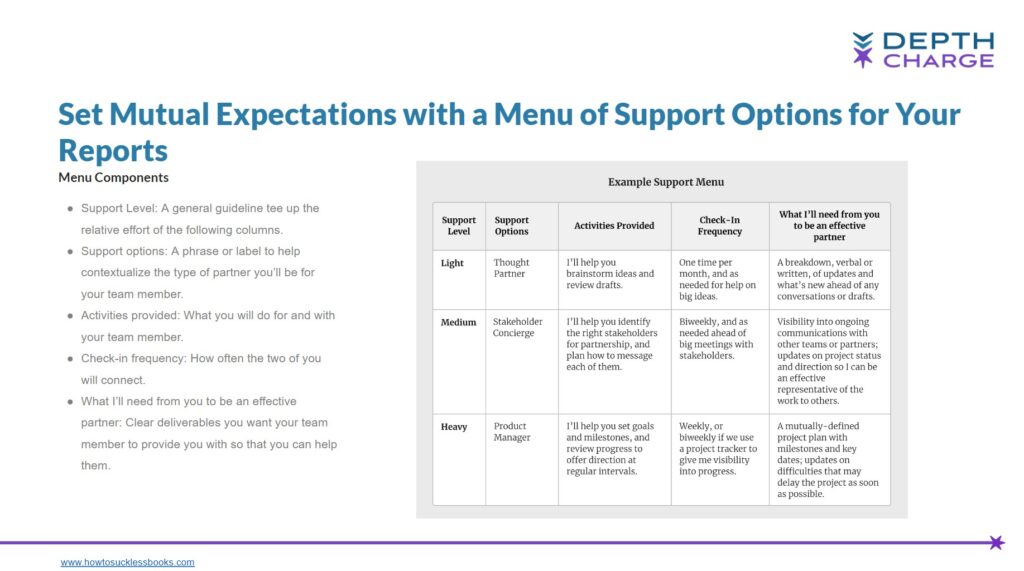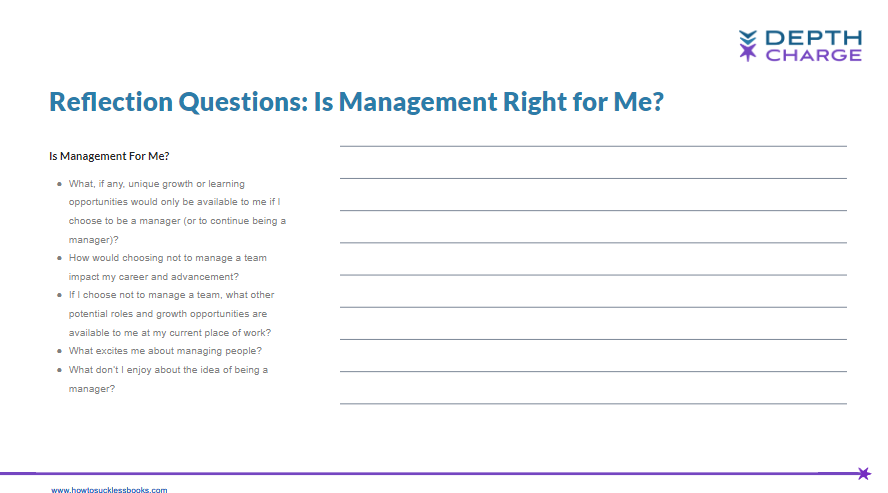
Recognition, Even without Monetary Awards, Can Be Hugely Impactful
“You mean to tell me that I can get people to work harder and reduce turnover just by telling people they’re doing a good job, and I don’t even have to pay them more?”
I remember receiving a certain amount of incredulity from a Total Rewards leader some years ago when highlighting the impact of recognition on employees, but it’s true!
Numerous recent studies have shown that recognition fuels better employee recognition, effort, and innovation, and one study from A Great Place to Work showed that recognition was the number one thing employees wanted more of at work, coming up more than five times more frequently than increased pay.
True story: I have one friend who, to this day, will swear that the time a senior leader came by their desk and handed them a box of Pop-Tarts as a thank-you for pulling an all-nighter meant more to them than the promotion they received later that year.
Being recognized and appreciated can be that powerful!
Yet, recognition isn’t happening. A recent OnePoll study that showed 46% of employees report having left a job due to being underappreciated (and keep in mind, that’s not the number who felt underappreciated, just the number who left a jobbecause of it).
I explore some of the reasons why managers don’t take more advantage of recognition in How to Suck Less as a Manager: A Practical Guide to Making Your Team Less Miserable Today!(spoilers, none are particularly good reasons) but for the purposes of this article, I’d rather focus on a few actionable ideas.
Recognition can be as simple as verbal praise or an email of appreciation, but there are numerous other tools at managers’ disposal that can push the impact of recognition even further with minimal effort.
Tools in Your Recognition Arsenal
Perform an Act of Service
Just like the Pop-Tart example above, show someone you appreciate their work by spending a little effort to do something nice for them. Buying someone lunch or a knick-knack for their desk (little trophies are great) are great examples, but so are activities that cost nothing, like making a thank-you card that the team signs or even brewing a fresh cup of coffee in the office kitchen.
Get Senior Leader Recognition
For many team members, hearing from someone higher up in the organization that their work matters and they are appreciated is a tremendous driver of engagement.
Taking this action is as easy as shooting off an email to a superior (and for extra points, draft your leader sample text that they can copy/paste to make it easier for them).
Give Discretionary Time Off
If someone’s been crushing it, tell them to take the afternoon off. If someone put in time over a weekend or late into an evening, give them a day off to make up for it.
Many organizations grant leeway in how managers account for time off (especially if you’re in a company with “unlimited” personal time off). If you have concerns about this, check with your HR business partner!
Utilize Internal Recognition Systems
Many organizations have systems in place to publicly recognize employees, formally or informally. These could be as simple as a message board or as complex as a tagging system tied to unit-specific announcements. These are always great avenues to recognize someone and show appreciation.
Many managers feel that these systems are specifically for delivering non-manager praise, and so don’t take advantage of them. I’ve found, however, that most recognition systems don’t have that particular connotation and, even if they do, no harm is done by bringing broader attention to someone on your team.
Post on Social Media
Chances are, your team members are seeking to use tools like LinkedIn to help grow their presence and employability (hopefully in a respectful and gracious way). Posting a message praising someone on your team and highlighting their skills shows you’re willing to spend a little effort to appreciate them.
Delegate Important Work
If a team member has demonstrated through some effort or accomplishment that they are deserving of greater challenges or responsibilities, delegating an important task to them is a sign of trust and respect.
If done right, this type of recognition creates a bit of a Tom Sawyer situation where you actually make another person happy about doing work for you. However, whereas Mark Twain’s titular character tricked the other kids into painting the fence for him, you need to put effort into making sure the activity is mutually beneficial.
Find Cross-Team Opportunities
As with the above, identifying a higher-profile or beneficial activity outside of your team conveys recognition of a team member’s contribution and readiness for greater responsibility
Always talk to your team members about new opportunities before you sign them up. Otherwise, you risk locking them into a commitment they don’t want or may not be able to support.
No More Excuses: Go Recognize Your People!
Seriously, it’s easy, it improves effort and retention, and it makes people’s lives a little less miserable. So get to it!
For more in-depth analysis of the practices in this article, check out the Amazon best-selling guide: How to Suck Less as a Manager: A Practical Guide to Making Your Team Less Miserable Today!




